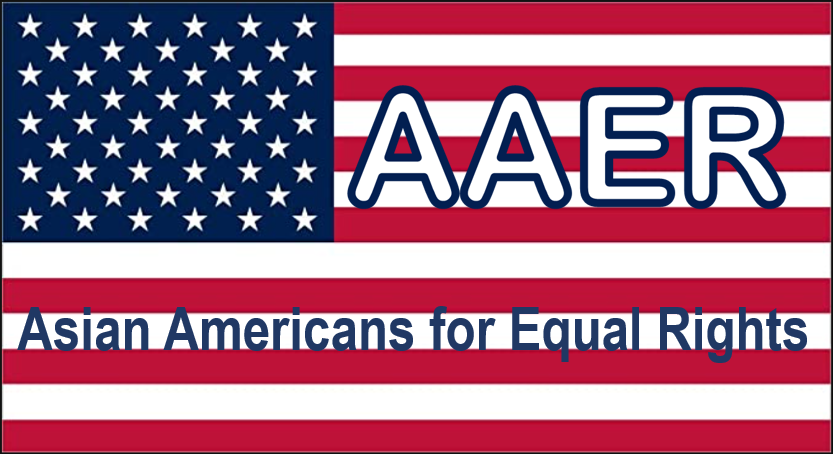1) I have heard that one major reason to support this bill is to provide data for health research. As a statistician and public health researcher, I love to have more and more data. However, all human subject research are required to strictly comply with Health Insurance Portability and Accountability Act (HIPAA, see links below for more information). A study must obtain written informed consent from all participants so that their information can be used for research. All individual participants have the right to opt-out the research at any time. As you have seen so many MA citizens and residents are opposing to this bill H.3361, forcefully collecting their ethnicity information by the government for health research is not ethical and a clear violation to HIPAA.
Reference for HIPAA:
https://www.hhs.gov/hipaa/index.html
https://www.hhs.gov/hipaa/for-individuals/faq/187/what-does-the-hipaa-privacy-rule-do/index.html
2) I have heard that such ethnicity information collection could be optional. But after reading the bill, I know it is clearly mandatory. Even if this bill was modified to be completely optional, the data collected would become useless for research, because the status of not answering the ethnicity question is clearly not random and related the answer itself, and therefore will unavoidably create statistical bias to the research conclusion.
So for the sake of health research, H.3361 is either unethical and violate HIPAA or unavoidably bias research conclusion.
3) I also try to understand the spirit of bill H.3361. To my understanding, the proposal was to study the relationship between ethnicity and socioeconomic status (SES)/education level/healthcare availability, etc, then identify the ethnicity group with poor SES/education/healthcare availability, etc, and finally design follow-up policy to help those identified ethnicity group. Using ethnicity to design follow-up policy is a big loss of information, because when SES/education/healthcare/etc. information is available, we can directly identify who need the help, so ethnicity is useless. If we don’t have such information, we could not know which ethnicity group need the help too, so collecting ethnicity information is useless too.
Even worse, such an idea to use group average to represent each individual in the group will create discrimination, called statistical discrimination. An easy to understand example demonstrated by my colleagues at Harvard Business School regarding discrimination against women in job market (link below for your information). The same thing happens here for H.3361 where a poor and disadvantaged individual/family will be discriminated because his/her ethnicity group has on average better SES/education/healthcare availability.
H.3361 using group average to represent individual condition will lose information and create statistical discrimination.
Reference for statistical discrimination:
https://hbswk.hbs.edu/item/why-employers-favor-men
4) I also heard that some supporters wants to do genetic study using data collected from H.3361. As a geneticist, I note that self-report ethnicity is a very noisy variable for genetic ancestry, especially given the high migration frequency among the Asian populations in recent decades. I don’t think it a good idea to use data collected by H.3361 for genetics study, not to mention it violates HIPAA.
5) While most of the young generations of Asian descendants were born in the US, they often identified themselves as American. But H.3361 forcefully requires them to identify themselves according to their parents culture/ethnicity identify. This is not fair to the young generations when they have no right to vote.
